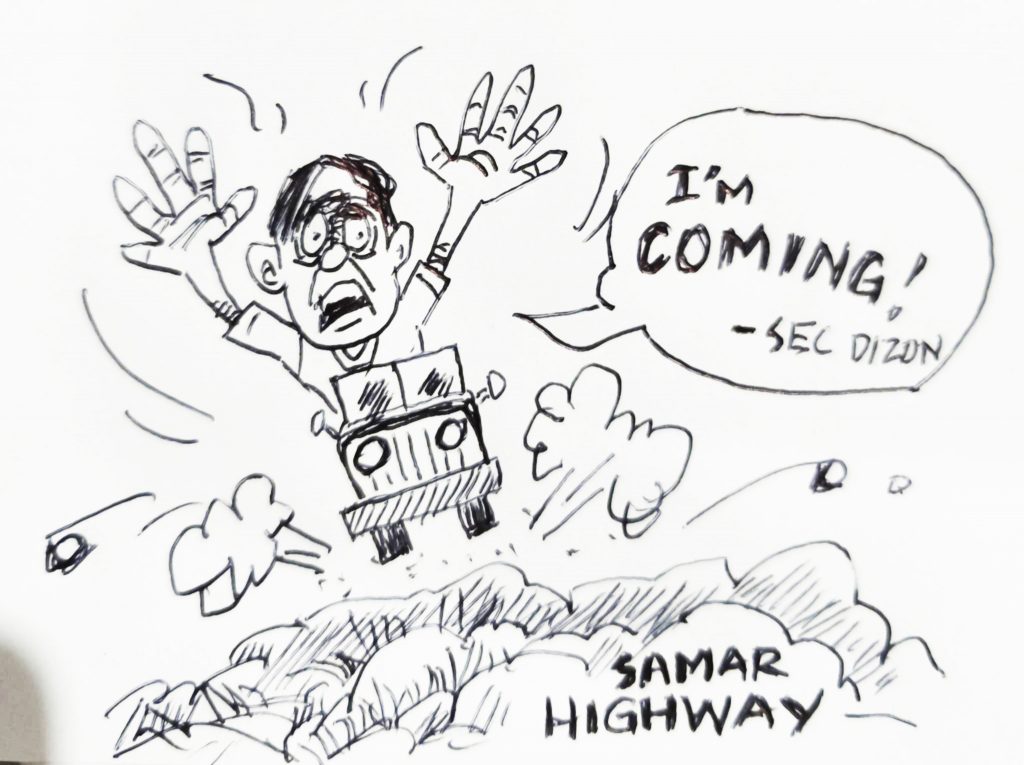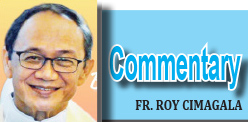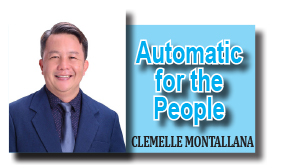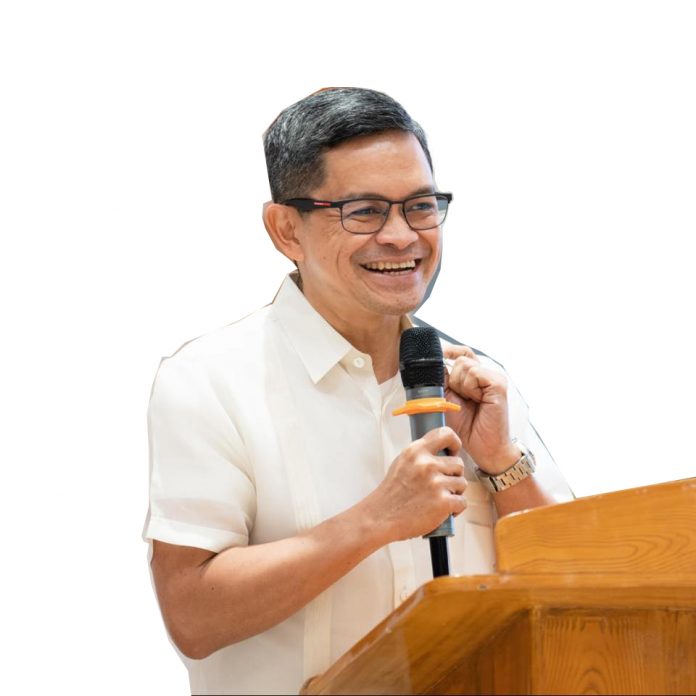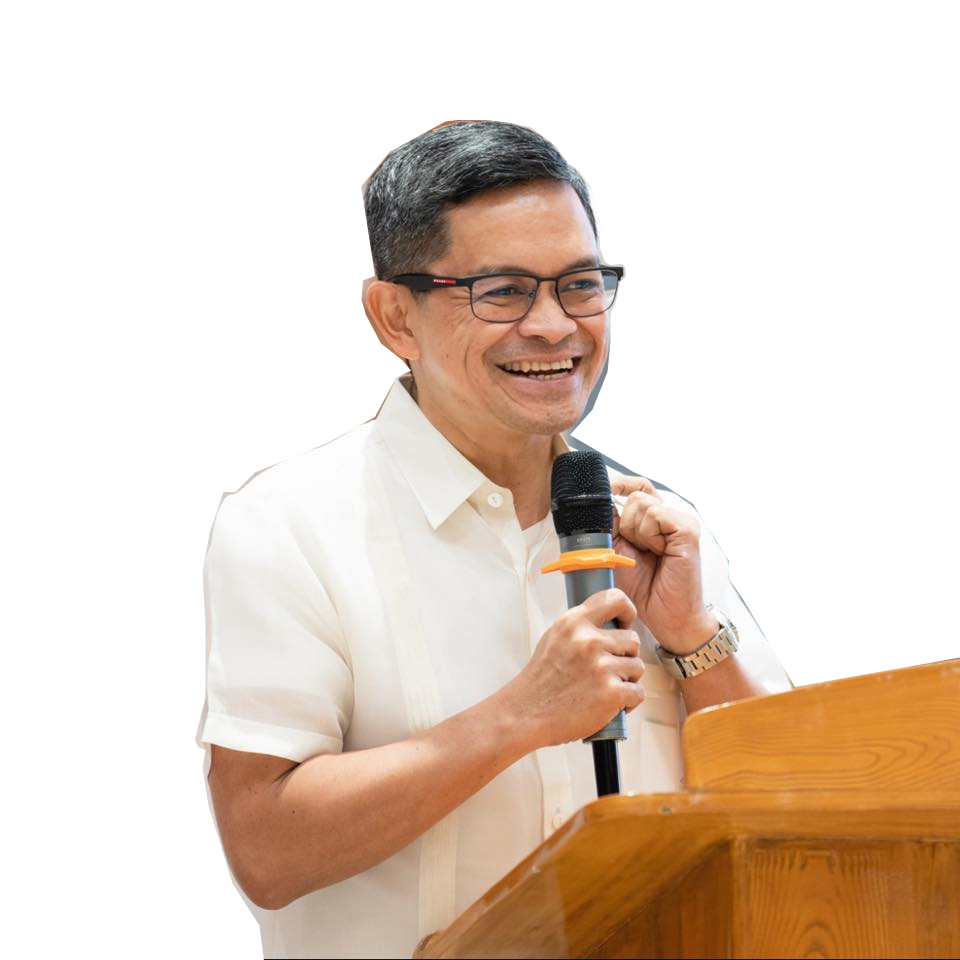
The startup world is often romanticized, filled with stories of overnight success and disruptive innovation. However, the reality is far more sobering: the vast majority of startups fail. While failure is often touted as a learning opportunity, it’s a painful and costly experience that can be avoided with the right knowledge and proactive measures. This article serves as a “Code Red” alert, urging founders to decode the warning signs of impending failure before it’s too late to course-correct.
The Grim Reality of Startup Failure
Statistics paint a stark picture: approximately 90% of startups fail. This isn’t just a matter of bad luck; it’s often the result of predictable mistakes and avoidable missteps. While external factors like market conditions and competition play a role, the primary drivers of startup failure are internal: poor execution, flawed business models, and a lack of adaptability.
Ignoring the warning signs is akin to ignoring a “Code Red” alert in a hospital – the consequences can be catastrophic. By understanding the common causes of startup failure and learning to recognize the early warning signs, founders can take proactive steps to mitigate risks and increase their chances of survival.
Decoding the Warning Signs: Common Failure Patterns
Startup failure rarely happens suddenly; it’s usually a gradual decline marked by a series of warning signs. Here are some of the most common patterns to watch out for:
Lack of Market Need: Building a product or service that nobody wants is a recipe for disaster. This often stems from a failure to validate the market need early on. Warning Signs: Low user engagement, difficulty acquiring customers, and a lack of organic demand.
Running Out of Cash: Cash flow is the lifeblood of any startup. Running out of money is a terminal condition. Warning Signs: Difficulty meeting payroll, delayed payments to vendors, and a shrinking cash runway.
Poor Team Dynamics: A dysfunctional team can derail even the most promising startup. Conflict, lack of communication, and a lack of shared vision can create a toxic environment that stifles innovation and productivity. Warning Signs: High employee turnover, constant arguments, and a lack of trust.
Flawed Business Model: A business model that is not sustainable or scalable will eventually lead to failure. Warning Signs: Low profit margins, high customer acquisition costs, and difficulty generating recurring revenue.
Competition: Failing to anticipate or respond to competition can be fatal. Warning Signs: Loss of market share, declining sales, and difficulty differentiating your product or service.
Poor Marketing: Even the best product will fail if nobody knows about it. Warning Signs: Low website traffic, lack of social media engagement, and difficulty generating leads.
Ignoring Customer Feedback: Failing to listen to your customers is a surefire way to build a product that nobody wants. Warning Signs: Negative reviews, low customer satisfaction scores, and a lack of repeat customers.
Premature Scaling: Scaling too quickly before validating your business model can lead to disaster. Warning Signs: High burn rate, difficulty managing growth, and a decline in quality.
Lack of Focus: Trying to do too much at once can spread your resources too thin and lead to a lack of focus. Warning Signs: Constant pivots, a lack of clear priorities, and difficulty executing on your core strategy.
Founder Burnout: The startup journey is demanding, and burnout is a real threat. Warning Signs: Exhaustion, cynicism, and a loss of passion for the business.
Taking Action: Turning Code Red into Code Green
Recognizing the warning signs is only the first step. The key is to take decisive action to address the underlying problems. Here’s how to turn “Code Red” into “Code Green”:
Validate Your Market: Conduct thorough market research to ensure that there is a real need for your product or service. Talk to potential customers, gather feedback, and iterate based on their needs.
Manage Your Cash Flow: Create a detailed budget and track your expenses carefully. Seek funding early and often, and be prepared to make tough decisions to conserve cash.
Build a Strong Team: Hire talented and passionate people who share your vision. Foster a culture of open communication, trust, and collaboration.
Refine Your Business Model: Continuously test and refine your business model to ensure that it is sustainable and scalable.
Monitor Your Competition: Stay informed about your competitors and be prepared to adapt your strategy as needed.
Invest in Marketing: Develop a comprehensive marketing plan to reach your target audience.
Listen to Your Customers: Actively solicit and respond to customer feedback. Use their insights to improve your product or service.
Scale Strategically: Scale gradually and only after you have validated your business model.
Stay Focused: Prioritize your efforts and focus on executing your core strategy.
Take Care of Yourself: Prioritize your physical and mental health. Delegate tasks, take breaks, and seek support when needed.
Conclusion: Prevention is the Best Medicine
Startup failure is a harsh reality, but it doesn’t have to be your destiny. By understanding the common causes of failure, recognizing the warning signs, and taking proactive measures, you can significantly increase your chances of success. Treat this article as your “Code Red” alert – a reminder to stay vigilant, adapt quickly, and never ignore the warning signs. The future of your startup depends on it.
————–
If you have any questions or would like to share your thoughts on the column, feel free to send an email to jca.bblueprint@gmail.com. Looking forward to connecting with you!


